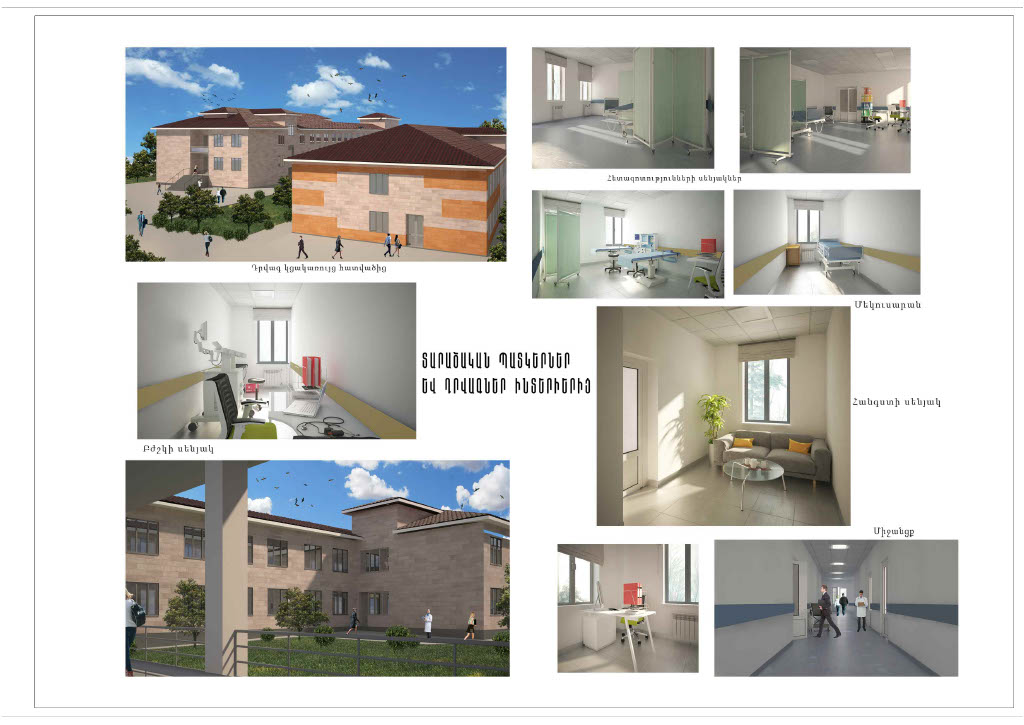On 9 April 2021, the RA Ministry of Health disseminated information on the reconstruction of the National Center of Mental Health Care with state budget means.
It should be recorded that Armenia has adopted the policy of deinstitutionalizing the acting psychiatric system, which implies replacement of closed institutions with community-based services conducive to human rights. In particular, in 2013, the RA Government approved the concept of alternative care and social services for persons with mental health problems; in 2014, the Government approved 2014-2019 Strategy on preserving and improving mental health in the Republic of Armenia. Both of them lay the basis for the process of systemic human rights-based reforms in the mental health sphere. It was envisaged to decentralize the services, make them more available and accessible, take steps to change the negative attitude towards persons with mental health problems. However, the current factual actions of the Government are in contradiction with the established policy.
One of the vivid manifestations of this contradiction was the formation of “National Center for Mental Health Care” CJSC by merging “Nork” and “Nubarashen” psychiatric centers in line with the RA Government’s decision N 1165-Ա of 22 September 2017. The National Center operates in the building of the former “Nubarashen” psychiatric center. 2 years after the reorganization, the draft of reconstructing the Center was put into circulation first with the support of possible donors and then by the state program. And on 9 April 2021, the program was approved. 5 billion drams will be allocated and it will be implemented in 4 years. The reconstruction will provide 425 inpatient and 9 emergency medical aid beds. Moreover, it is envisaged to build a child psychiatry center with two departments in the territory of the psychiatric hospital.
Establishment of services for children with mental health center is essential and pressing. However, it should contribute to their effective treatment and formation of positive attitude towards them, which is not possible in the National Center for Mental Health Care operating with the principle of a closed institution.
Reconstruction of the National Center for Mental Health Care contradicts the idea of deinstitutionalization and human rights-based policy. Reconstruction of such a closed, high-capacity institution situated in an inaccessible and isolated location is not only an obstacle in the struggle against the stigma and stereotypes concerning persons with mental health problems, but it is also conducive to the manifestation of discrimination towards persons with mental health problems and a challenge for their rights.

